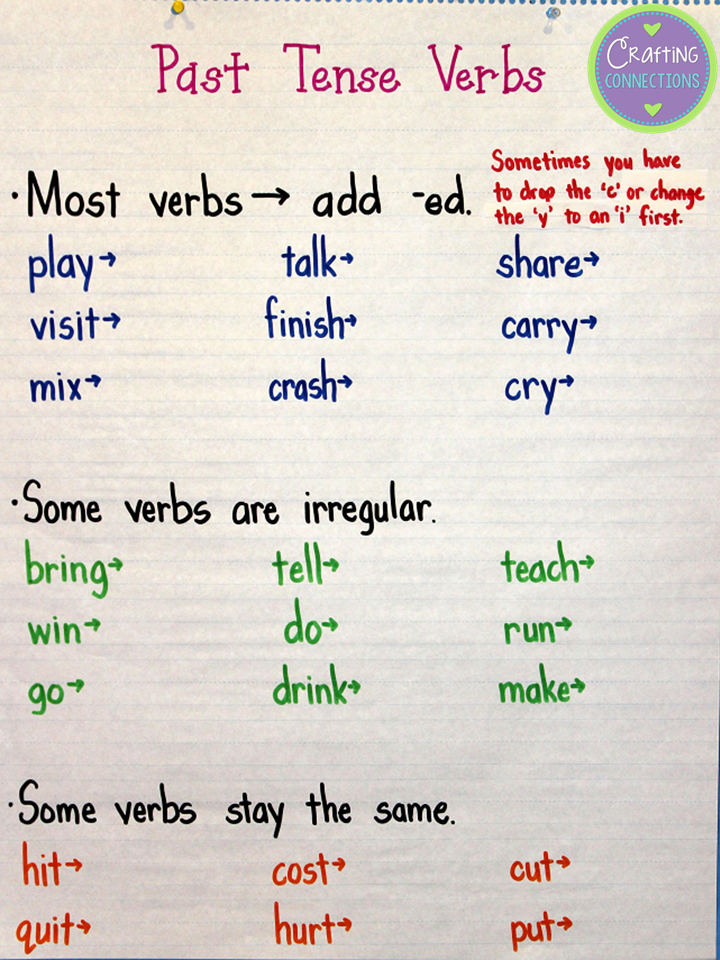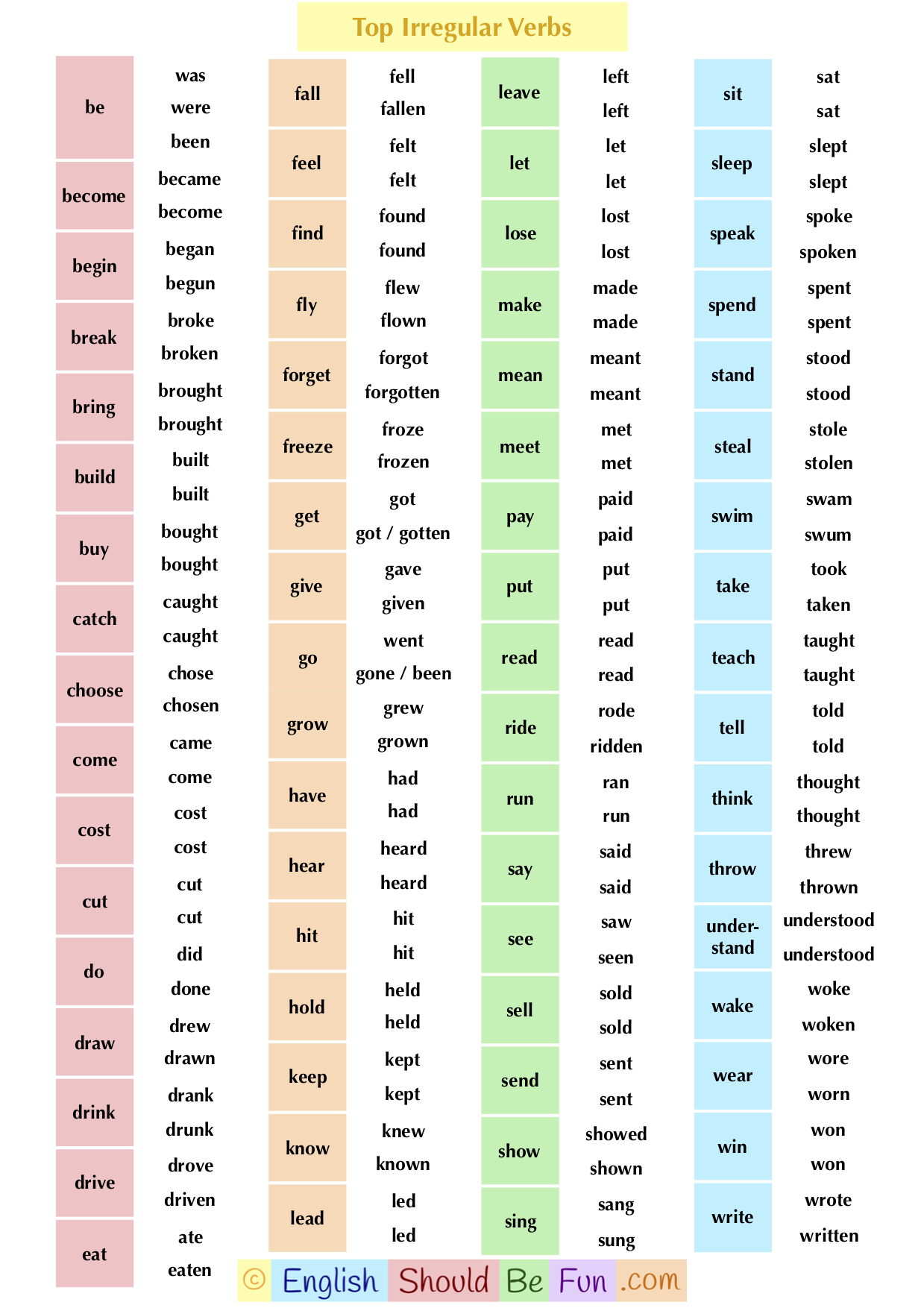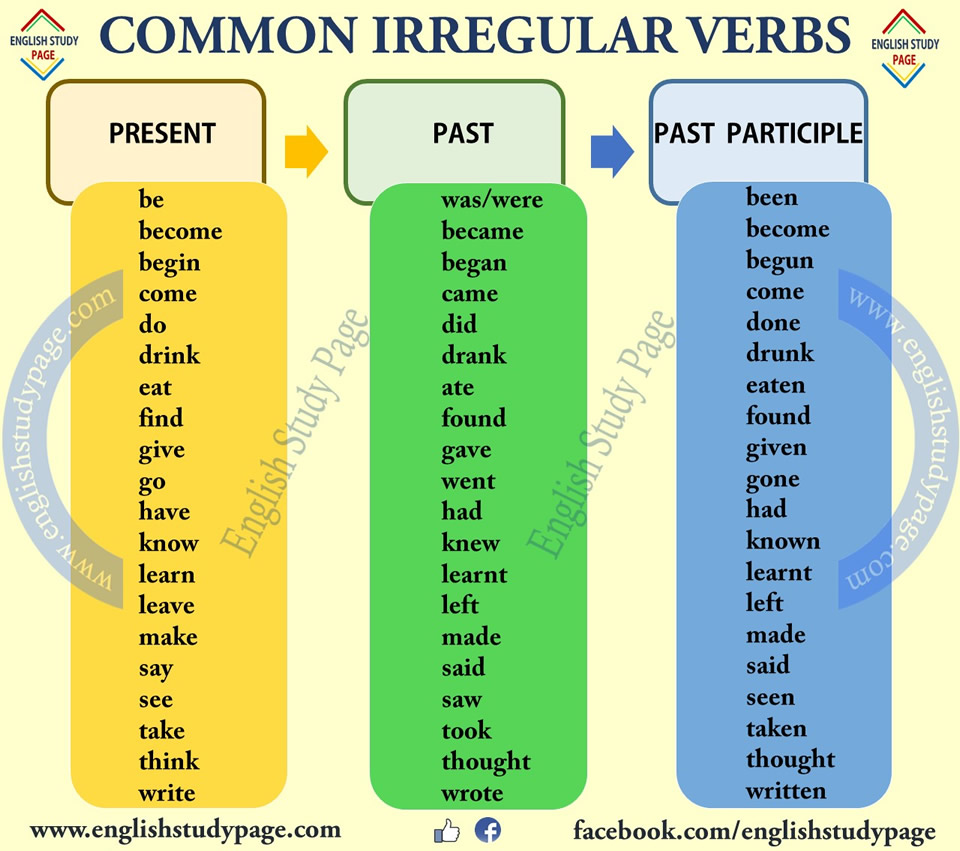

If you want to learn even more American English, please check out my American English Pronunciation course or the other American English courses at Udemy. The bridge will be built next year.English Irregular Verbs Learn irregular verbs in the present and past tenses in English with an American Accentįor English videos with subtitles, try Yabla and FluentU. We use different tenses of the verb BE followed by the past participle of the main verb to form the passive voice. They are each made up of the verb to be in a specific tense PLUS the main verb in the ING form. Here are the most common continuous verb tenses. Grard Beck Irregular verbs: present tense The goals of this week’s Classroom lesson (10) are to learn more about. Let’s look at each use in more detail: “ to be” + ING form of main verb Lesson 9 Irregular verbs: present tense Lesson Plan by Catherine Schell & Dr.

In the above example, the sentence is in the present continuous tense. The verb “to be” as an auxiliary verbĪn auxiliary verb is also called a “helping” verb. There are 3 types of complement with the verb “to be”: “ to be” + nounĮxamples: Image by stockimages | “to be” gives us more information about a person or thing.Īs a main verb, the verb “to be” acts as a linking verb.Ī linking verb does NOT describe an action.Ī linking verb gives us more information about the subject of the sentence.Ī linking verb does NOT take a direct object. “to be” indicates the existence of a person or thing. There are 2 common types of use of the verb “to be”: They have been Use and meaning of the verb TO BE We use the past participle in many situations. The past participle of the verb to BE is “ been“. Were they? Past participle of the verb “to be” Present form of the verb “to be” Affirmative Full formĪre they? Past form of the verb “to be” Affirmative past form The meaning and use of the verb TO BE with examples.The past form (affirmative, negative and question form).The present form (affirmative, negative and question form).

In this lesson about the verb “to be”, you will learn the following: It doesn’t have the same form or follow the same grammar rules as regular verbs. The verb “to be” is a very important verb in the English language.


 0 kommentar(er)
0 kommentar(er)
